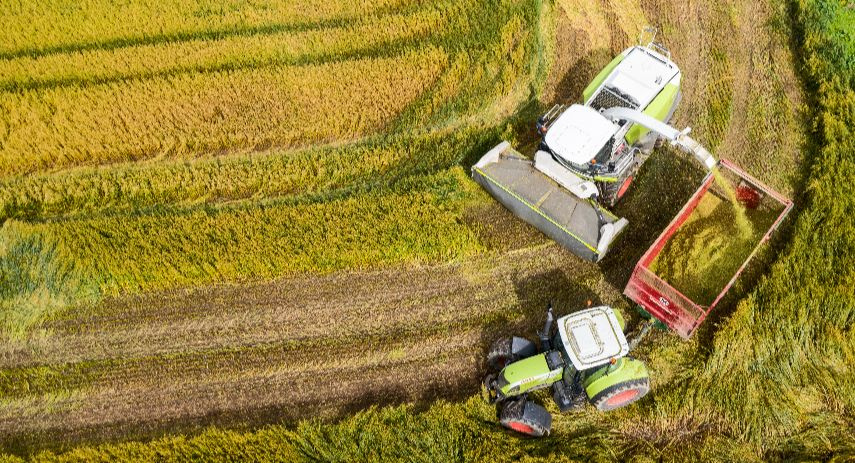
Building the future together: What does a thriving tenanted sector really mean?
Rob Black

It’s encouraging to see tenant farming representation now established across the UK, with the appointment of Alan Laidlaw as England’s new Tenant Farming Commissioner. This strengthens the collective voice for tenants and landlords across all four nations each with its own history, challenges, and opportunities, yet all united by the same fundamental question: what does a thriving tenanted sector really mean?
The term “a thriving tenanted sector” has been doing the rounds for years in policy papers, strategies, and industry discussions. We all use it, but if we’re honest, it can feel a bit slippery.
It’s a hopeful phrase, of course we all want a thriving sector, but what does that look like in practice? How would we recognise it if we saw it? And how do we move from aspiration to action without losing the diversity and nuance that define Scottish tenancies?
The start of this new chapter, with representation now mirrored across the UK, provides an ideal moment to pause and reflect, not to redefine the sector, but to understand more clearly what we’re aiming toward.
Perhaps thriving means something different depending on where you stand. For one person, it might mean long-term security and investment. For another, it could be about access and opportunity for new entrants. For others still, it might mean fairness, communication, or environmental stewardship.
What’s clear is that the term “thriving” encompasses not just about economics. It’s about the quality of relationships, the flow of opportunity, and the strength of the systems that support those within it.
When we talk about thriving, it’s impossible not to think about the next generation of tenants, landlords, and rural communities.
How do we make tenant farming a real, appealing route for young people to build a life, not just take on a lease? How do we give landlords the confidence that their land will be cared for and invested in for the long term? And how do we balance the day-to-day need to stay viable with the bigger hopes we have for the sector?
These are not new questions, but perhaps it’s time we treated them not as background noise, but as the core of what a thriving future depends on.
We’ve made progress on fairness, communication, and shared responsibility but challenges remain. Investment, succession, future agricultural support and the basic economics of farming all shape how confident people feel about the future.
Margins remain tight, costs unpredictable, and that makes it hard for both tenants and landlords to plan ahead. We can’t talk about thriving if the sector rests on fragile economics.
So, we have to ask: how do we build more resilience into the financial foundations of tenant farming? What kind of business model allows tenants and landlords to plan, invest, and prosper together?
So, the question for all of us isn’t whether we want a thriving tenanted sector. We do. The real question is: how do we make it happen?
How do we create conditions that give confidence to both sides? How do we foster the kind of relationships that allow innovation to flourish? And how do we ensure that the next generation inherits something stronger, more certain, and more inclusive than what came before?
These are the questions worth revisiting. Not because we lack ambition, but because clarity is the foundation for progress. If the conversations now taking place across the UK help us collectively sharpen that focus, then this new era of tenant farming representation may be one of the most constructive yet.